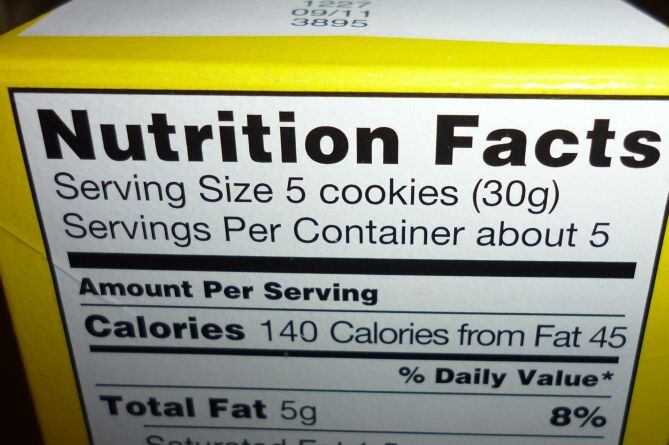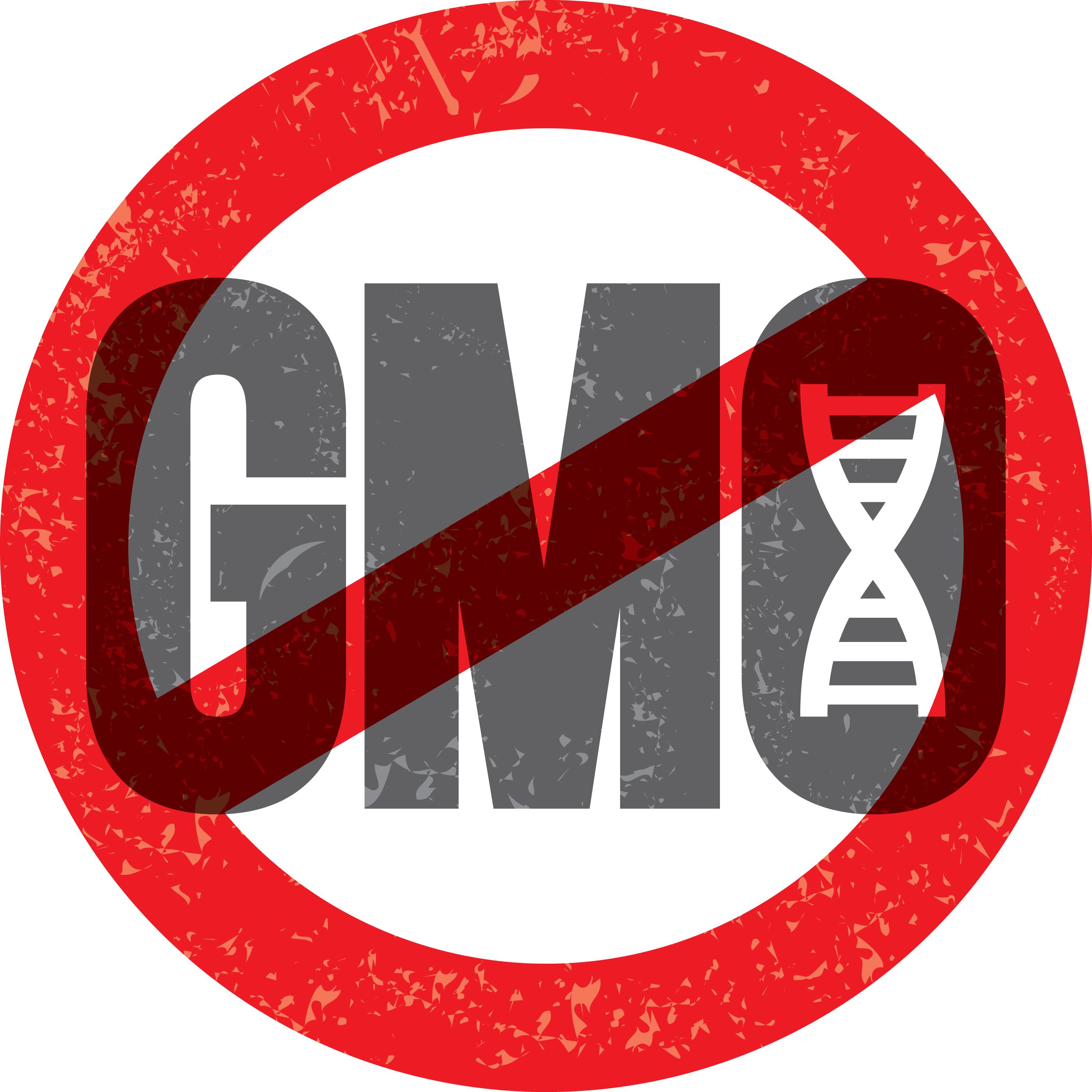NCA: We need a free market economy for sugar
The hotly contested farm bill appears no closer to passage as 2013 draws to a close, as Democrats and Republics continue to disagree over spending on expanding crop insurance for farmers and food stamps, among other issues. But the bill remains a central focus for the National Confectioners Association heading into 2014, Susan Smith, senior vice president of communications and outreach, told FoodNavigator-USA.
“The number one policy concern of the industry over the past year has been the government-run protection program for our largest and most important commodity—sugar. In 2013, our industry fought tooth and nail for modest reforms in the program that would promote a free market economy for sugar. At this time, the US farm bill is in such a controversial state that we do not yet know what will happen,” she said, adding that the confectionery industry has been engaged on the issue in far more meaningful ways than ever before—calling and visiting elected officials, writing letters, supporting candidates and hosting plant tours.
“We didn’t have the votes necessary to win in the House or Senate versions of the farm bill, but there were more votes in favor of reform from both sides of Congress than there have been at any time in the last 30 years,” Smith said. “Fairness and common sense will ultimately prevail on this issue and the industry will continue throughout 2014 (and longer if necessary) to work to that end.”
The Sugar Association: Make sure they know what ‘sugar’ really is
The continued disparagement of sugar is a product of improper labeling and insufficient consumer education, which the Sugar Association aims to address through consumer education and pressure on the FDA to provide clearer labeling requirements for sweeteners, says CEO and president Andy Briscoe.
"We continue to work to make the distinction between all-natural sugar and other sweetening options, he said. "With the help of science, we continue to educate consumers on the difference between sugar and other caloric sweeteners. And we also continue to inform the public that most beverages in the US are not sweetened with sugar, but that over 90% are sweetened with high fructose corn syrup," he said.

“We continue to push the FDA to do a better job in providing consumers clearer and consistent labeling terminology regarding sugar and other sweeteners. Any time the term ‘sugar’ is used in a food label, it should apply only to sucrose which is extracted from sugar beets and sugar cane. Artificial sweeteners should be highlighted on the front of the package as Canada has done so consumers can easily see when a product has been artificially sweetened.”
According to a recent consumer survey by the association, 84% of consumers agree “% Less Sugar” claims are “confusing” and “misleading”—and the survey results were nearly identical to one taken by the Sugar Association in 2004, Briscoe claimed.
“Some ‘Less Sugar’ products actually contain more calories than regular sugar-sweetened products. Yet, FDA continues to allow these claims, which is a disservice to the American consumer,” he said. “We still face inaccurate and sensationalized reports regarding sugar, despite the fact that reviews of the full body of science have shown that sugar does not cause obesity, does not cause diabetes, and is not addictive. Sugar has been safely used for decades and can be part of a balanced diet and healthy lifestyle when consumed in moderation so we continue to work to get our messages heard.”
Corn Refiners Association: Biotech plays a critical role in a safe, reliable food supply
As attacks on HFCS by the sugar industry continue, the Corn Refiners Association (CRA) launched a national, online consumer engagement campaign in response, in which registered dietitians promote a healthy lifestyle through a focus on caloric balance and total sugars (rather than sugar type).
But the organization also hopes to see movement on the farm bill as well as a uniform policy on biotechnology in the coming year, according to CEO and president John Bode.
“Because of Mexico’s strong indigenous sugar industry, US high fructose corn syrup exports to Mexico have been a target for well over a decade,” Bode said. “World Trade Organization questions about the US Country of Origin Labeling (“COOL”) rules for meat products have Mexico threatening to retaliate. We hope this will be resolved in the farm bill.”

Moreover, ongoing discouragement by activist groups of the use of biotech in agriculture is “problematic” when one looks at the challenge of feeding a growing world population, Bode added.
“Biotechnology must play a critical role in ensuring a safe and reliable food supply. We will continue to support efforts to enact a national, uniform policy on labeling of food produced with biotechnology, and to oppose state-level labeling initiatives that would cause significant confusion.
“The CRA will continue to support the advancement of the Trans-Pacific Partnership and the Transatlantic Trade and Investment Partnership. We believe that trade agreements should lead to total market access with no exceptions and restrict non-science based regulatory proposals, such as a moratorium on GMOs.”
